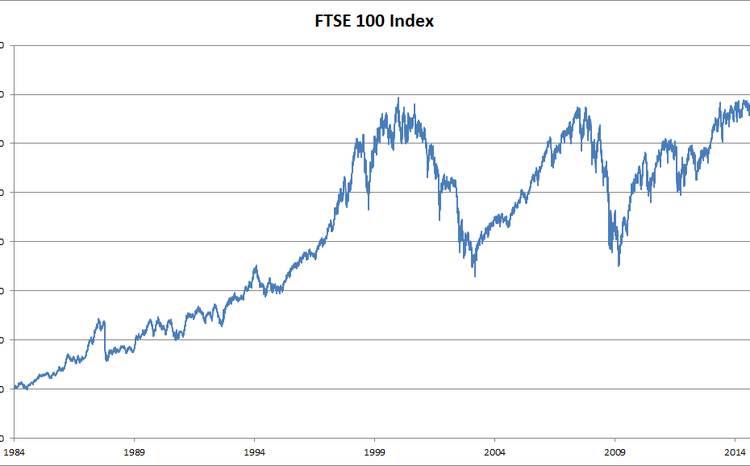Impairment charge and delays lead to significant changes in Orsted’s wind portfolio
- Orsted books $4.02 billion impairment charge in Q3
- Company to stop development of two wind farm projects off New Jersey
- Shares traded down 21% following the news
- Supply-chain issues, higher interest rates, and lack of funding adjustment contribute to impairments
- Orsted takes final investment decision on Revolution Wind project
- Company to assess long-term strategic build-out ambitions and financial targets
Orsted, the Danish renewable-energy company, has booked a $4.02 billion impairment charge in the third quarter related to its U.S. offshore wind portfolio. As a result, the company has decided to stop the development of two wind farm projects off the coast of New Jersey. The impairments were driven by supply-chain issues, higher interest rates, and a lack of funding adjustment. However, Orsted has taken the final investment decision on the Revolution Wind project offshore Rhode Island. The company plans to assess its long-term strategic build-out ambitions and financial targets. This news has caused a 21% drop in shares. Orsted’s third-quarter earnings before interest, taxes, depreciation, and amortization (EBITDA) excluding new partnerships rose to DKK5.17 billion, beating expectations. The company still expects full-year EBITDA of DKK20 billion to DKK23 billion.
Public Companies: Orsted (N/A), Eversource (N/A), BP (N/A), Equinor (N/A)
Private Companies:
Key People: Mads Nipper (Chief Executive)
Factuality Level: 7
Justification: The article provides information about Orsted’s impairment charge and decision to stop development of two wind farm projects off the coast of New Jersey. It also mentions the reasons for the impairment charge, such as supply-chain issues, higher interest rates, and funding adjustment. The article includes statements from Orsted’s CEO and mentions the company’s decision to proceed with the Revolution Wind project. It also discusses the financial challenges faced by offshore wind developers and the potential opportunity for Orsted to rebid its Sunrise Wind project. The article provides some context and mentions the earnings and investment outlook for Orsted. Overall, the article provides factual information about Orsted’s situation and the challenges faced by offshore wind developers.
Noise Level: 7
Justification: The article provides information on Orsted’s impairment charge and decision to stop development of wind farm projects. It discusses the reasons behind these decisions, such as supply-chain issues, higher interest rates, and funding adjustments. It also mentions the challenges faced by developers in the offshore wind industry. However, the article lacks in-depth analysis and does not provide actionable insights or solutions.
Financial Relevance: Yes
Financial Markets Impacted: Orsted’s impairment charge and decision to stop development of wind farm projects may impact the company’s financial performance and stock price.
Presence of Extreme Event: No
Nature of Extreme Event: No
Impact Rating of the Extreme Event: No
Justification: The article discusses financial challenges faced by Orsted due to increasing costs, supply-chain issues, and higher interest rates. While there is no mention of an extreme event, the company’s impairment charge and decision to halt development of wind farm projects can have significant financial implications.





